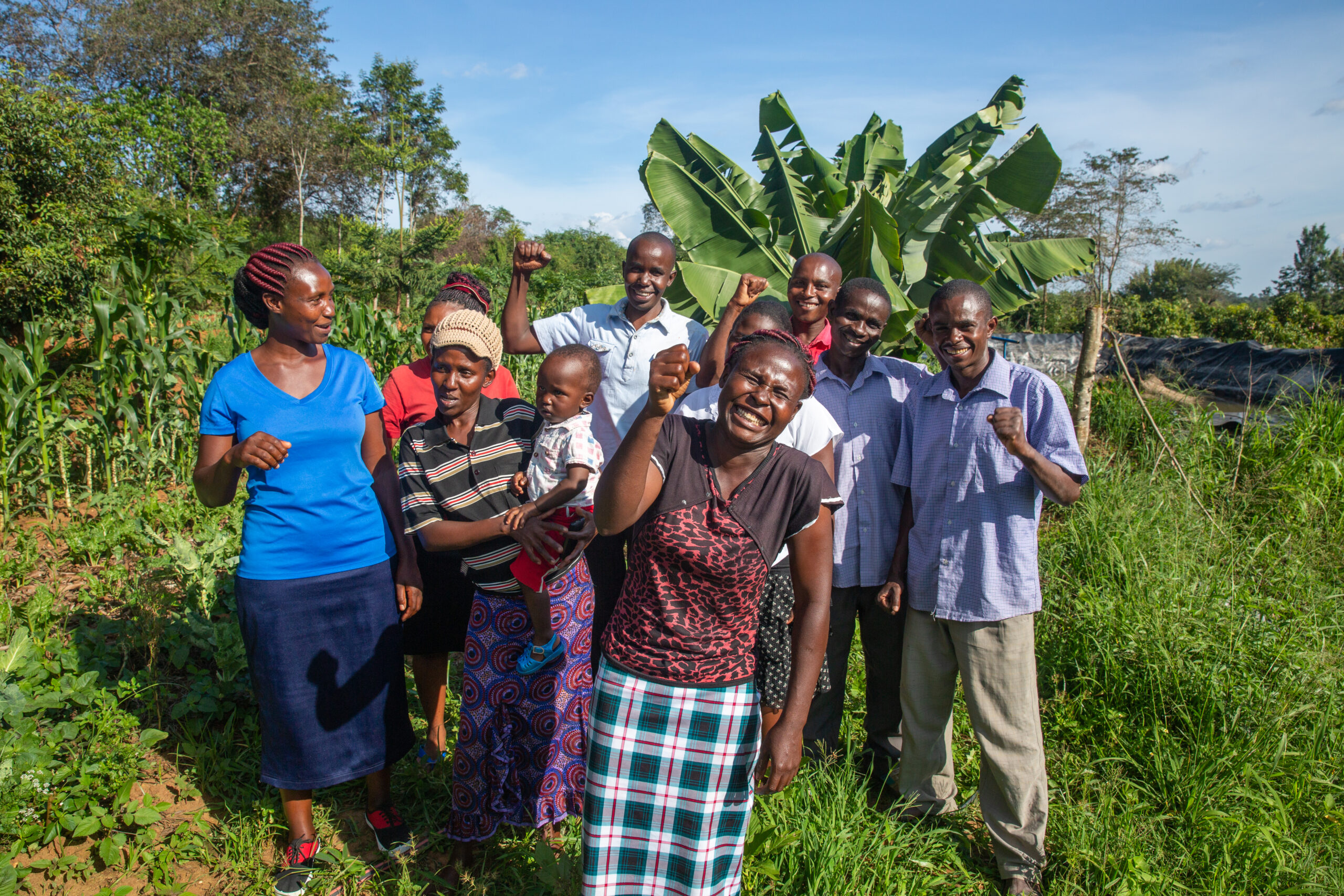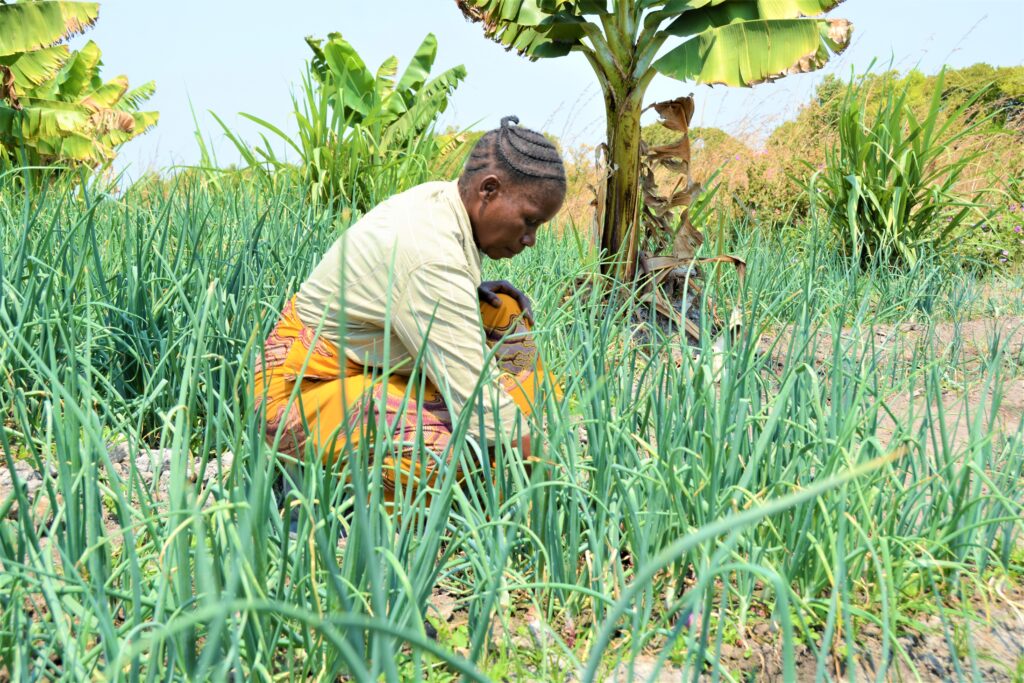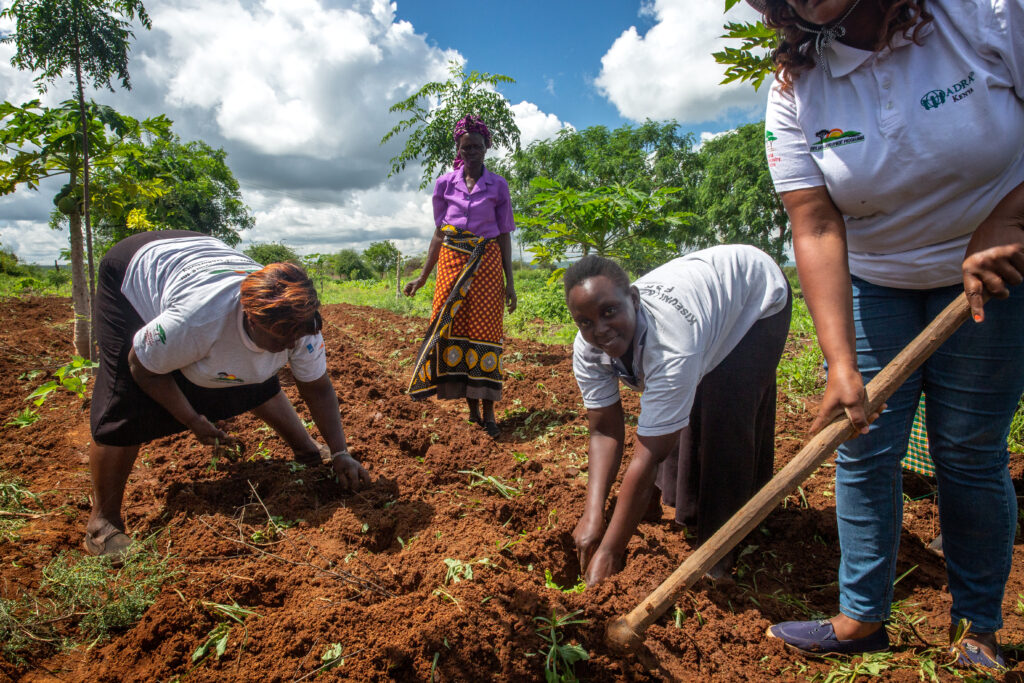Kenya
Why Kenya?
Left unchecked, land degradation reduces the economic value of land, worsens climate cycles and ecosystems leading to increased poverty, hunger, unemployment, instability, migration, and conflict.
The main causes of land degradation in Kenya are poor land management and tree felling for fuel use and timber. This results in flash flooding, soil erosion and siltation in dams and other water sources. In rural communities who depend on the land for their survival, this means reduced food production and incomes. And it forces people to migrate to urban areas in search of a better life.
The Kenyan Government has recognised the need for urgent action and has made a number of recent national and international commitments to land regeneration. These include a pledge to restore 5.1 million hectares by 2030 through the Bonn Challenge.

Around 30-35% of total land area in Kenya is either severely or very severely degraded.
According to the UNCCD, the annual cost of land degradation in Kenya is estimated at 5% of the country’s GDP.

Greater Regeneration for Evergreen Environment (GREEN), Kenya
The proposed catalyst project will be implemented in Kenya’s Narok, Kajiado and Makueni counties. These counties were prioritised as they have significant areas of degraded land and face major challenges due to climate change.
225,000
hectares of land under restoration
5 years
The project will be running from June 2023 – July 2028
Project outcomes
In order to regenerate 225,000 hectares of land the project aims to address current land degradation issues in the prioritised project locations, as well as mobilise partners and communities to spread FMNR beyond these sites. By scaling FMNR in this way, communities experiencing significant challenges due to land degradation can mitigate and adapt to climate change, rapidly restore their environments, and better provide for their children.
World Vision’s direct FMNR programming reach is expanded.
Increased adoption and promotion of FMNR by external partners.
Increased organic spread and adoption of FMNR by individuals at the community level.
Strengthened enabling environment to promote FMNR scaling in Kenya.
ANCP project
We are a valued partner of the Australian Government, receiving flexible funding under the Australian NGO Cooperation Program (ANCP) each year to implement development and poverty alleviation programs overseas.

GET INVOLVED
Anyone can join the global FMNR movement by learning the technique, spreading awareness, participating in local projects, or supporting projects that directly implement FMNR to restore degraded lands and build sustainable futures for children and the communities they live in.
